Being late to the party
The practice of unrushed curiosity

How did we start becoming imposters even in our pastimes?
Earlier this month, I watched The Silence of the Lambs for the first time. It was the kind of watching experience that I found so entertaining I would usually run straight to the internet to rave about. But I didn't. I didn't want to be exposed as a fake cinephile who hadn't watched one of the greatest, most influential and lauded films in history until now.
But a magical part of movies and literature is that they're not going anywhere. As long as we protect the existence of physical media, stories don't have an expiry date. They'll always be there to experience for the first time. So what's the rush?
What's so bad about being late to the party?
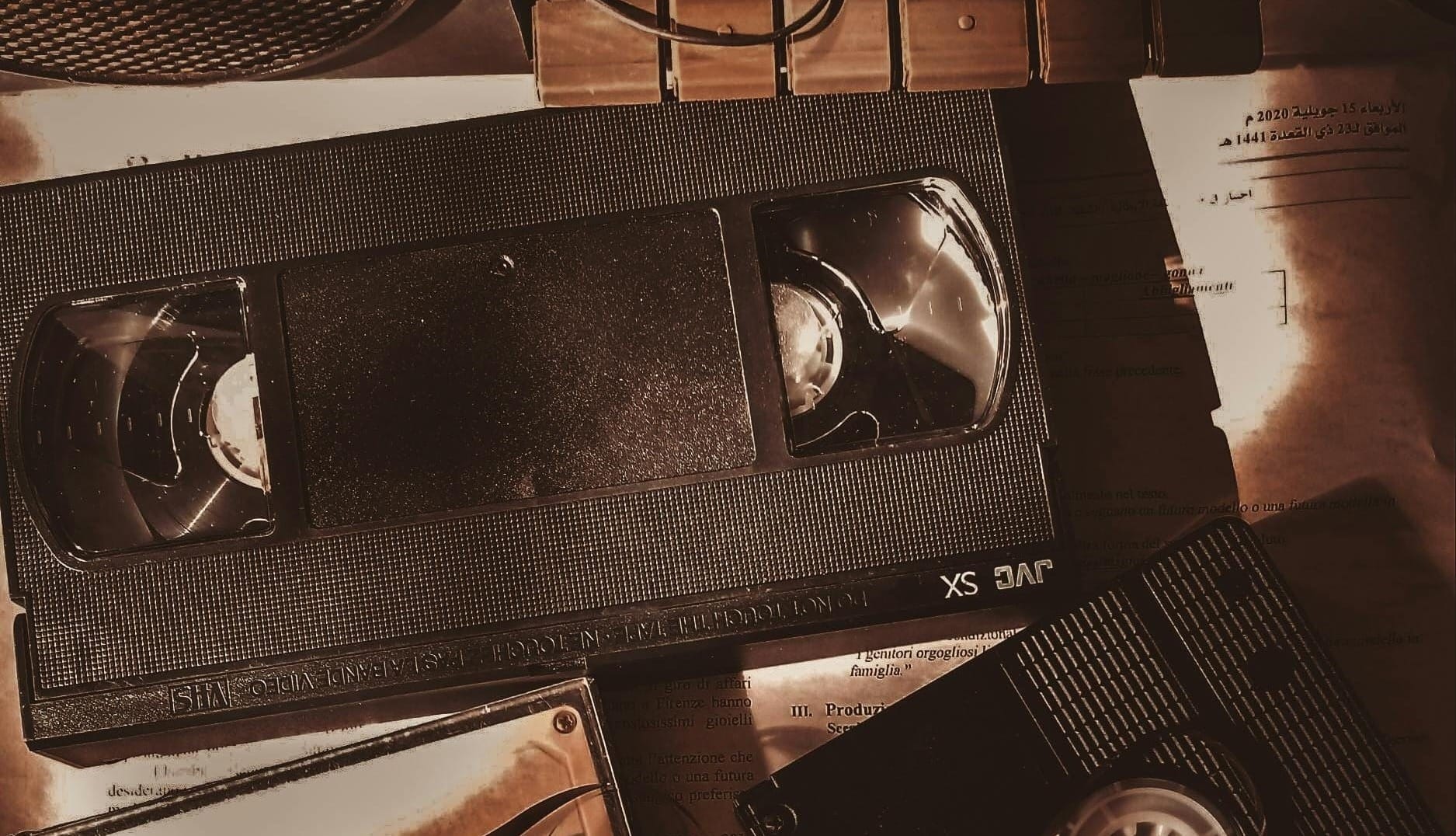
There's surprising value in what we're yet to experience.
In 2007, scholar and essayist Nassim Nicholas Taleb was inspired by Umberto Eco's personal library of thirty thousand books, which he had little intention of ever reading in entirety. In Taleb's book The Black Swan: The Impact of the Highly Improbable, he coined the term "antilibrary" to describe the phenomenon:
. . . a private library is not an ego-boosting appendage but a research tool. Read books are far less valuable than unread ones. The library should contain as much of what you do not know as your financial means, mortgage rates, and the currently tight real-estate market allows you to put there. You will accumulate more knowledge and more books as you grow older, and the growing number of unread books on the shelves will look at you menacingly. Indeed, the more you know, the larger the rows of unread books. Let us call this collection of unread books an antilibrary.
The antilibrary is an acknowledgement of the beauty in the experiences we're yet to have and the knowledge still out there to be learned. It's a practice in resolutely confronting what we don't know with humility and curiosity.
There's always going to be people ahead of us in whatever we do, whether it's as writers and artists or simply enjoyers of particular media. And it's become especially noticeable with algorithms bringing thousands of strangers with the same interests as us straight to our fingertips.
But sometimes it's necessary to let something sit on the shelf for a while — physically or metaphorically — until something inside us says: "Now's the time!".
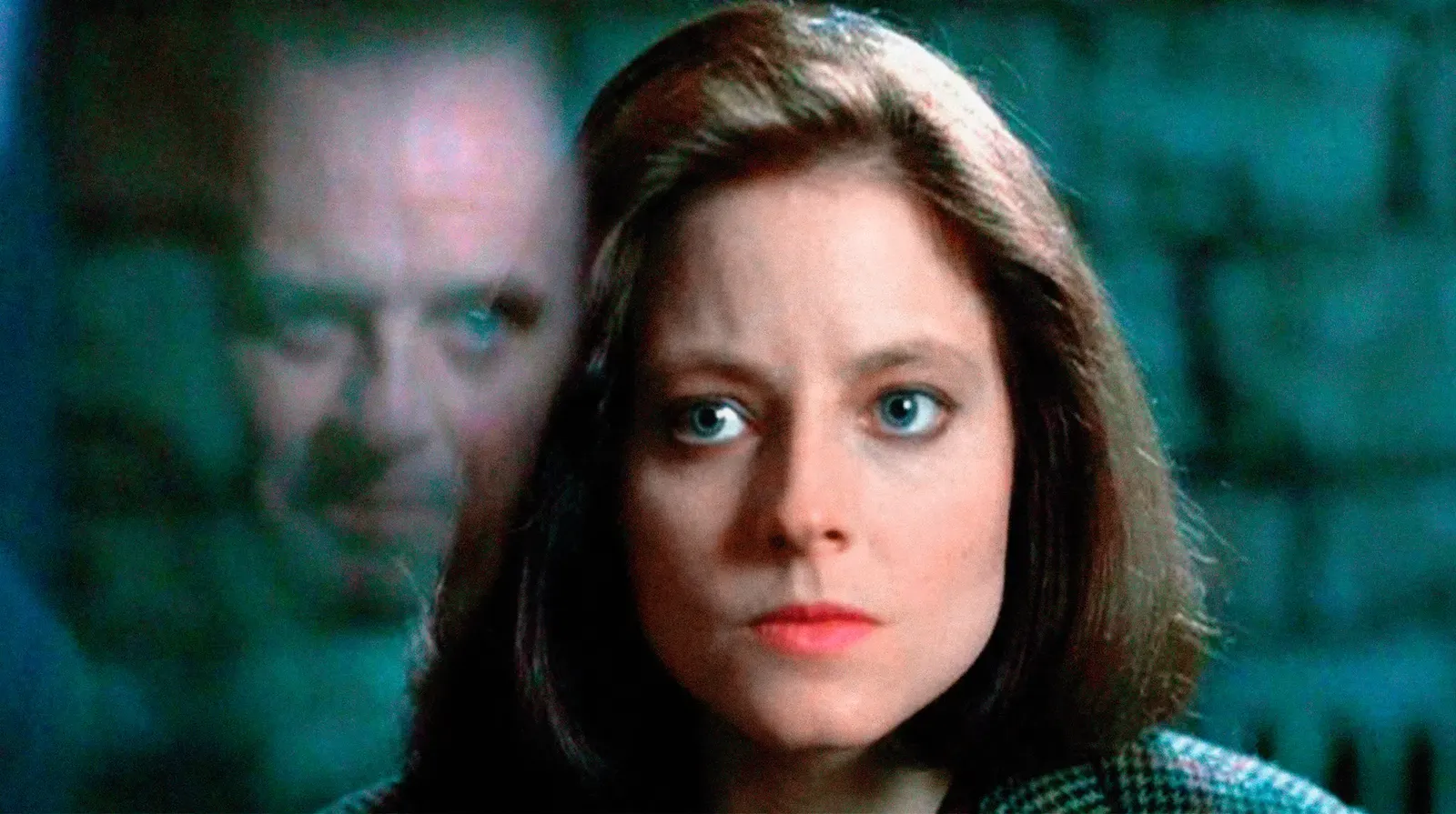
Could I have ever appreciated The Silence of the Lambs as a fifteen-year-old who wanted to devour every picture that moved on screen? Possibly.
Although, I also know I was cursed with an overactive imagination that would've made Hannibal Hector a frequent cameo in my nightmares for days afterwards. I likely wouldn't have returned to the movie for fear of being retraumatised. Now, as a (slightly) less anxious adult, I was delighted by the horrific twists and turns of the movie's final act and am already excited to return to it when spooky season comes around.
Facing the reality of how much there is to experience in the world is overwhelming. For every movie we watch, there are thousands of others unwatched and for every book we read, there are shelves left untouched. But, like with the antilibrary, there is also a thrill that could come from knowing we can't ever run out of ways to further enrich and fulfil our lives. We'll never know when, amongst the masses of stories and lessons, we'll stumble across the one that changes something inside us for good.

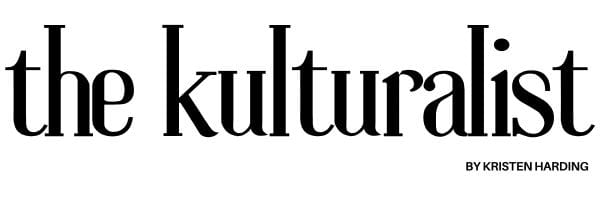
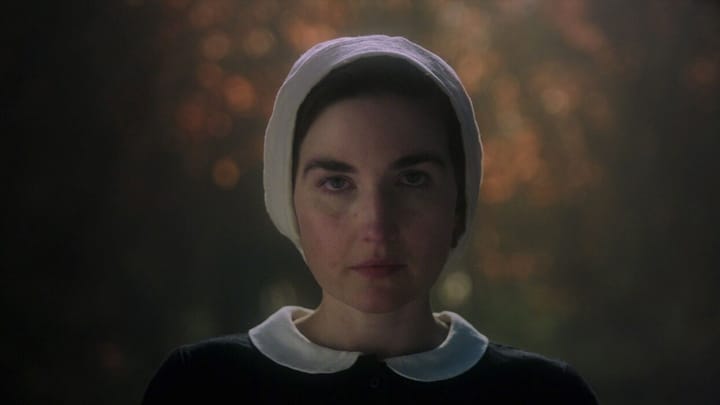
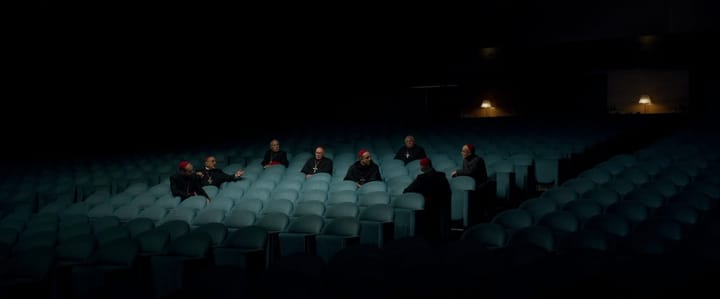

Comments ()